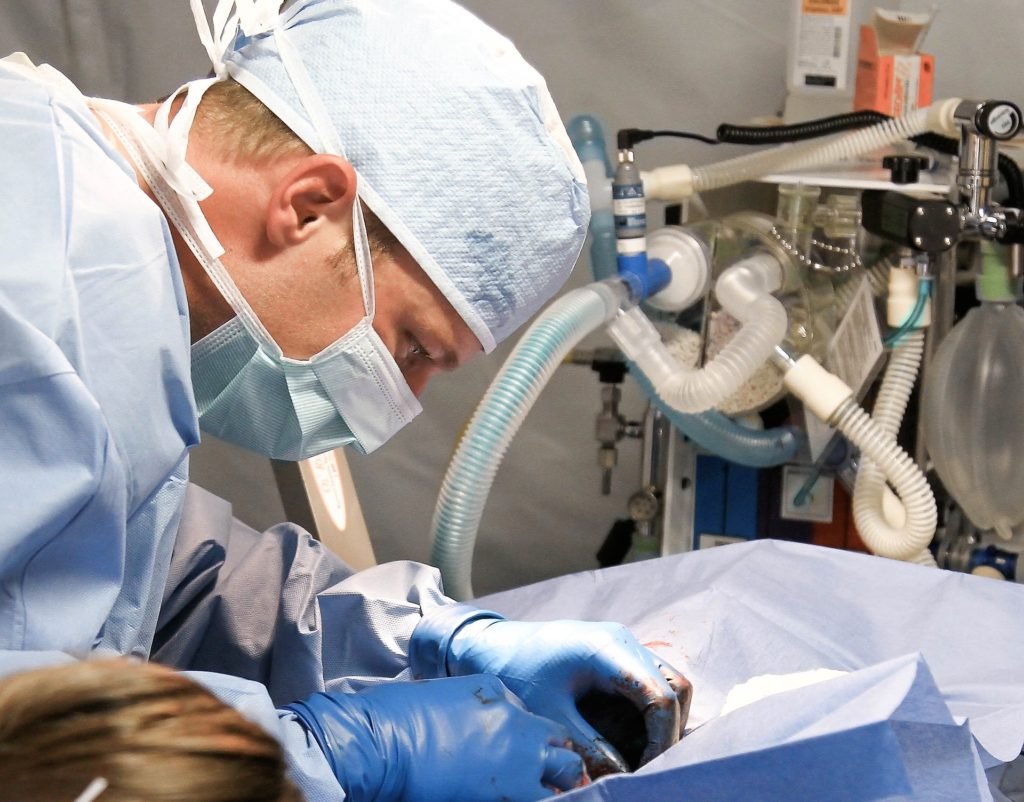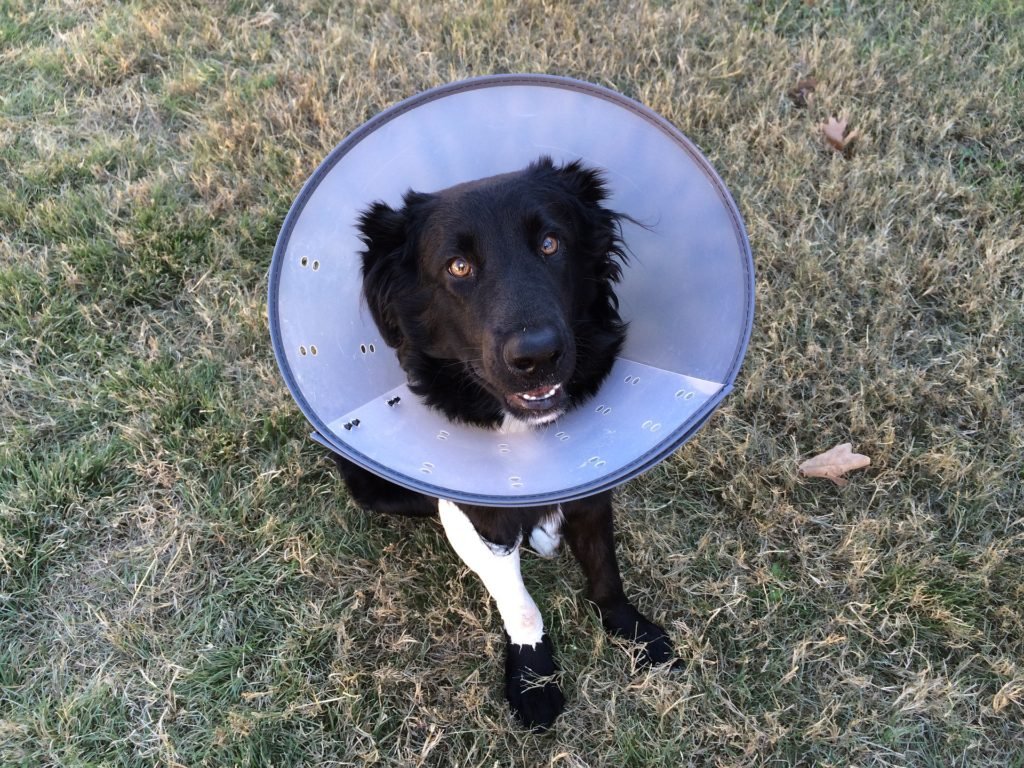The days of James Herriot are long gone.
The days of James Herriot, the famous kindly Yorkshire vet, willing to come to the aid of any animal at any time of the day or night and only accepting a cup of tea or a home-baked cake as payment are long gone and even the modern traditional independent veterinary practice in the UK is in danger of extinction.
Large corporate franchise groups are moving in and taking over everything to do with the veterinary industry, pets services, pet food and pet medicines; something that is prevalent in the USA. And as we know whatever America does we always follow, but is this good for pet owners and more importantly our pets?
This is not a new concept as forty years ago when I was working in a veterinary hospital in north London, local veterinary practices were buying each other out to form multi-practices across different areas in London. This resulted in a lack of competition and freedom of choice with owners wishing to seek cheaper prices or better service forced to transport their pets long distances. This continues today in some places, but the problem is that large companies are now buying these practices out or offering franchises to form even bigger monopolies.

Should we be worried by big business taking over the veterinary profession?
The CVS Group plc and Pets at Home are the largest operators in the UK and are expanding at an alarming rate, both competing for the title of the largest veterinary services provider. This is obviously good for investors and the economy, but the best interests of the animals could get forgotten in the rush for profits.
CVS rates itself as the largest provider and its name is probably less well-known than its biggest competitor Pets at Home. At the end of 2017 it boasted over 460 veterinary practices, 4 laboratories and 7 pet crematorium employing 1,270 vets, over 1,800 nurses, 31 pathologist plus an online marketing company called Animed which sells drugs, pet foods and other accessories. Its turnover was £272 million and it purchased 67 vet surgeries in 2016 and 62 in 2017.
The UK Pets at Home company acquired two existing large franchises of Vets4Pets and Companion Vet which now work mostly out of their stores. There are 296 in-store vet surgeries, 153 “stand alone” vets, 4 specialist hospitals, 306 grooming parlours and 55% of its stores have both a vet and a grooming parlour. Its stores, online marketing and other activities bring in £843 million.
Big business controls over 900 veterinary surgeries
Both companies intend to buy out or open over 50 new veterinary practices each per year. As they already run over 900 and the Royal College Veterinary Surgeons state there are only 5,536 vet practices, these companies already control nearly 20%, which some analysts estimate will rise to 50% in the next ten years. They will also be controlling most of the diagnostic labs, drugs, pet food and accessories and other services like grooming and cremating your pet.
CVS has employed over 300 newly graduated vets over the last 3 years which is good for them and Pet and Home have set up hundreds of vets in business who would otherwise have had to wait many years to become a partner in one. They do this by providing the money, premises and equipment and taking a cut of the profits until the loans are paid.
All this clearly opens the industry up to the potential for monopolies, rising costs and perhaps poorer service becoming inevitable. These franchises can undercut and have promotions that attract clients away from traditional practices, such as cheap vaccination deals and once they have the clients through the door many no doubt stay with them.
Are home visits a thing of the past?
Many have already opted out of doing farm visits as there is more profit in treating a continual production line of companion pets in the warmth of their surgeries. Worse still, the few remaining farm practices are probably going to be taken over by ‘in-store’ farm vets.
The profession is already trying to turn its back on home visits declaring they are too busy, time-wasting and that owners should take full responsibility to get them to the surgery. They are even questioning twenty-four-hour coverage expectations. 
In the past they would cover their own out of hours, but now worryingly, most use specialist out of hours vet companies to offer this service. They mostly sublet a local veterinary practice for the night and weekend, move into it early each evening and at weekends and then move out in the morning having seen patients from most other practices in the area.
These companies no matter their protestations charge outlandish fees and have caused welfare issues when owners are unable to pay. A consultation fee can be as much as £150 plus and if overnight hospitalisation and treatment is required, such as an intravenous drip or x-rays, the bill rockets. Those kept in overnight are often sent home prematurely in the morning, and owners asked to move them to their own vet, as the practice they are operating from need their cages back for their morning admissions.
Where will it end?
Ultimately it seems that we will end up with all our veterinary services being controlled by a handful of companies who can dictate pricing, standards of service and care. Although the veterinary regulating authorities who licence vets to practice might wish to intervene in the future it could reach a point where it becomes difficult if vets decide they have more allegiance to their employers than the veterinary college. It might be time for the monopoly commission to take a look at what is happening in the veterinary industry.